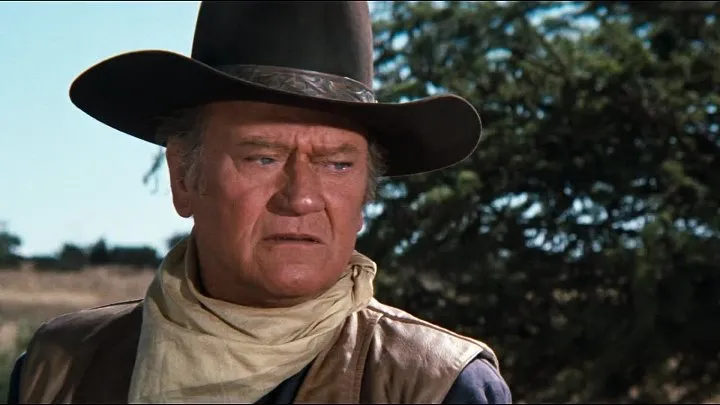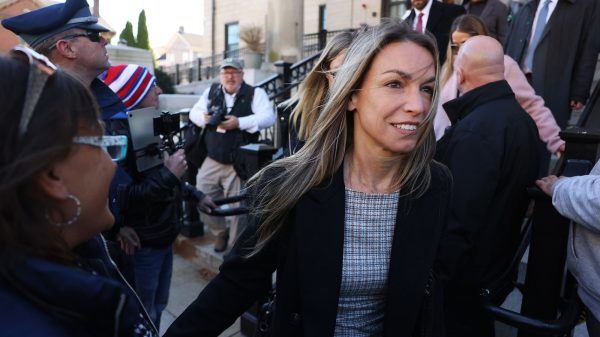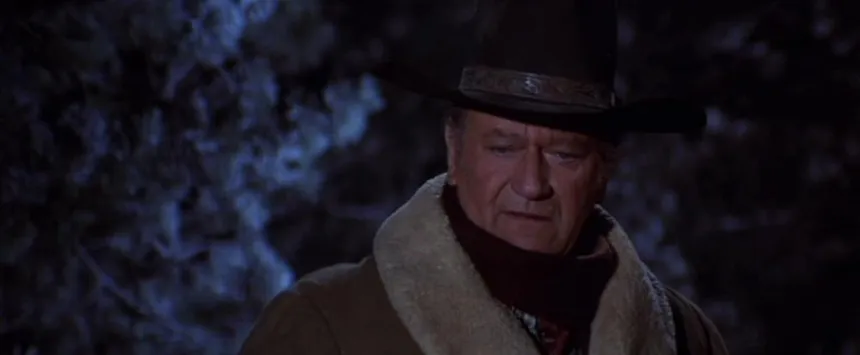John Wayne’s acting career was marked by his sharp outbursts about things he felt passionate about, whether it was politics or social issues. However, his 1973 film Cahill U.S. Marshal left him disillusioned, and he often referred to it as his worst Western. The film challenges Wayne’s typical persona, requiring him to show vulnerability and tolerance. Unbeknownst to Cahill, his two sons join a gang and rob a bank, leading him to investigate and apprehend the robbers with the help of an indigenous American tracker.
Wayne’s character, Marshal Cahill, is a flawed one – a conflicted father striving to bridge the gap with his sons while honoring his late wife’s last words: “Go get ’em!” Unlike his typical roles in Westerns, Wayne’s performance is marked by a more liberal approach. He confronts the man he has played and championed in and outside his many movies, showing a more tolerant side. In one scene, he tells a Black character, “I ain’t got a bigoted bone in my body,” a line that is ironic given his own views on white supremacy.

John Wayne in Cahill U.S. Marshal (Photo: Cahill U.S. Marshal)
Despite these attempts to humanize Wayne’s character, Cahill U.S. Marshal falls short of expectations. The film lacks memorable moments and believability, with some casting choices drawing criticism. The use of comic relief is welcome, but some of it falls flat. The narrative also has its flaws, with some characters receiving little development. The film’s attempt to clear John Wayne of his infamous interview goofs ultimately falls short, making it a perfect cosmic joke.
Cahill U.S. Marshal is a disappointing film that fails to live up to its hype. While it has an interesting set-up, it lacks the memorable moments and believability that audiences expect from a John Wayne Western. Even John Wayne himself considered it his worst Western, and it’s easy to see why. Despite its attempts to challenge Wayne’s typical persona, the film ultimately falls flat, leaving viewers underwhelmed.
























